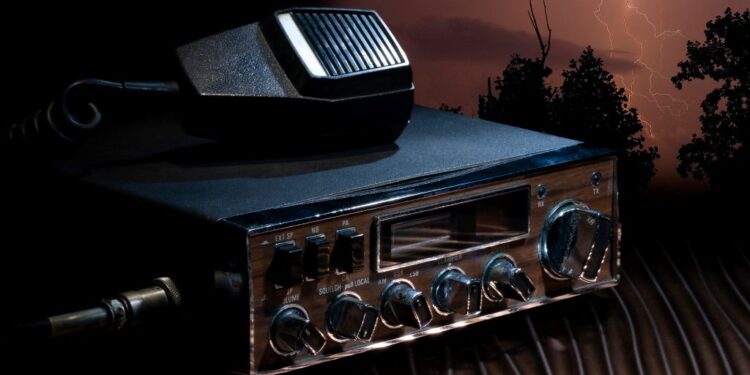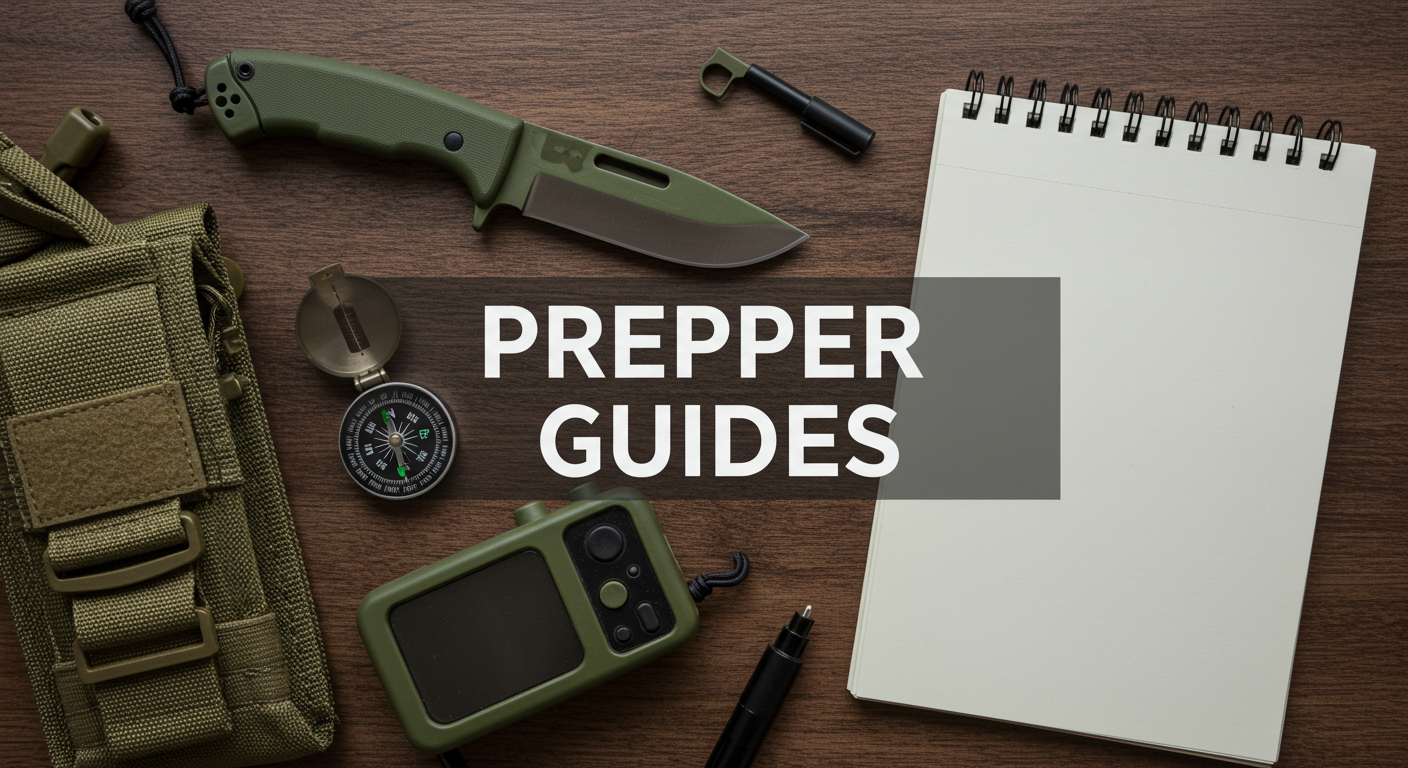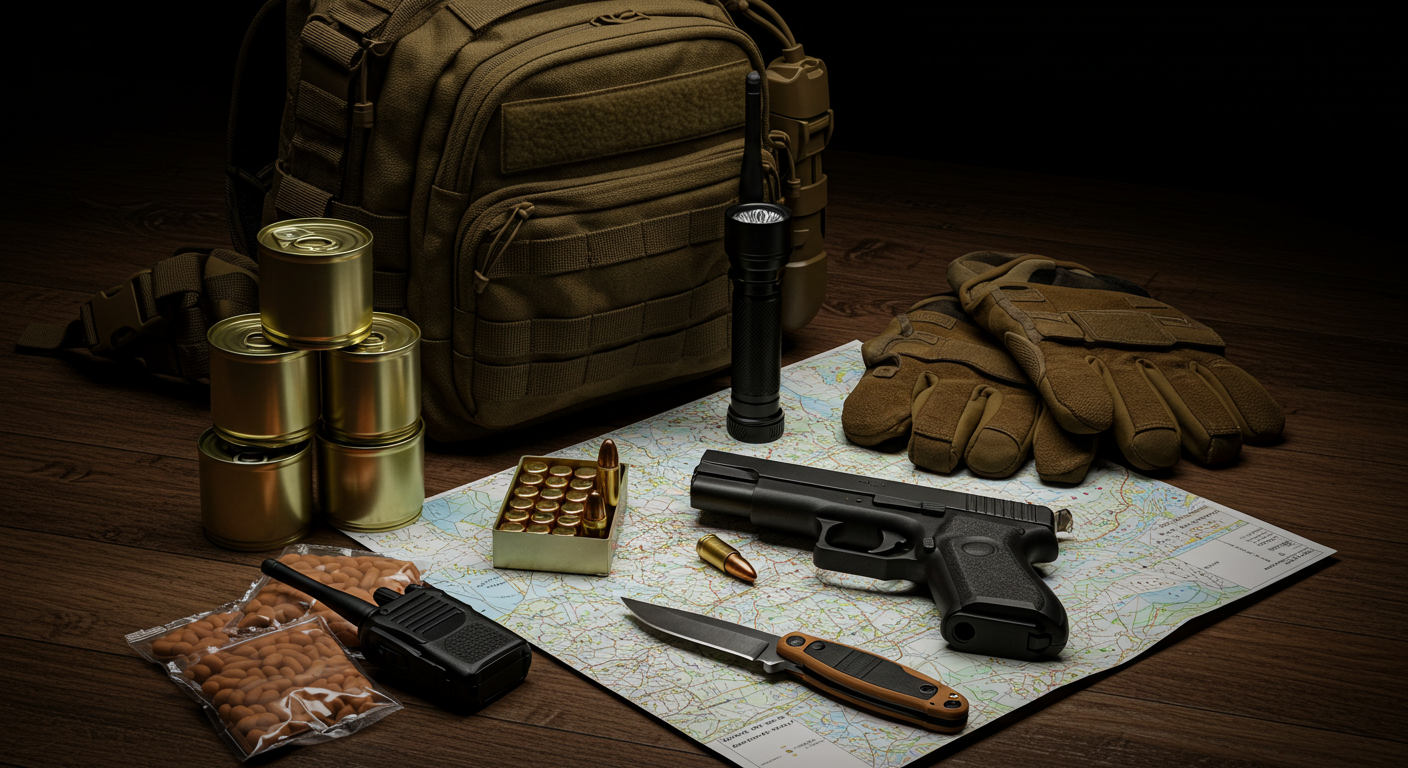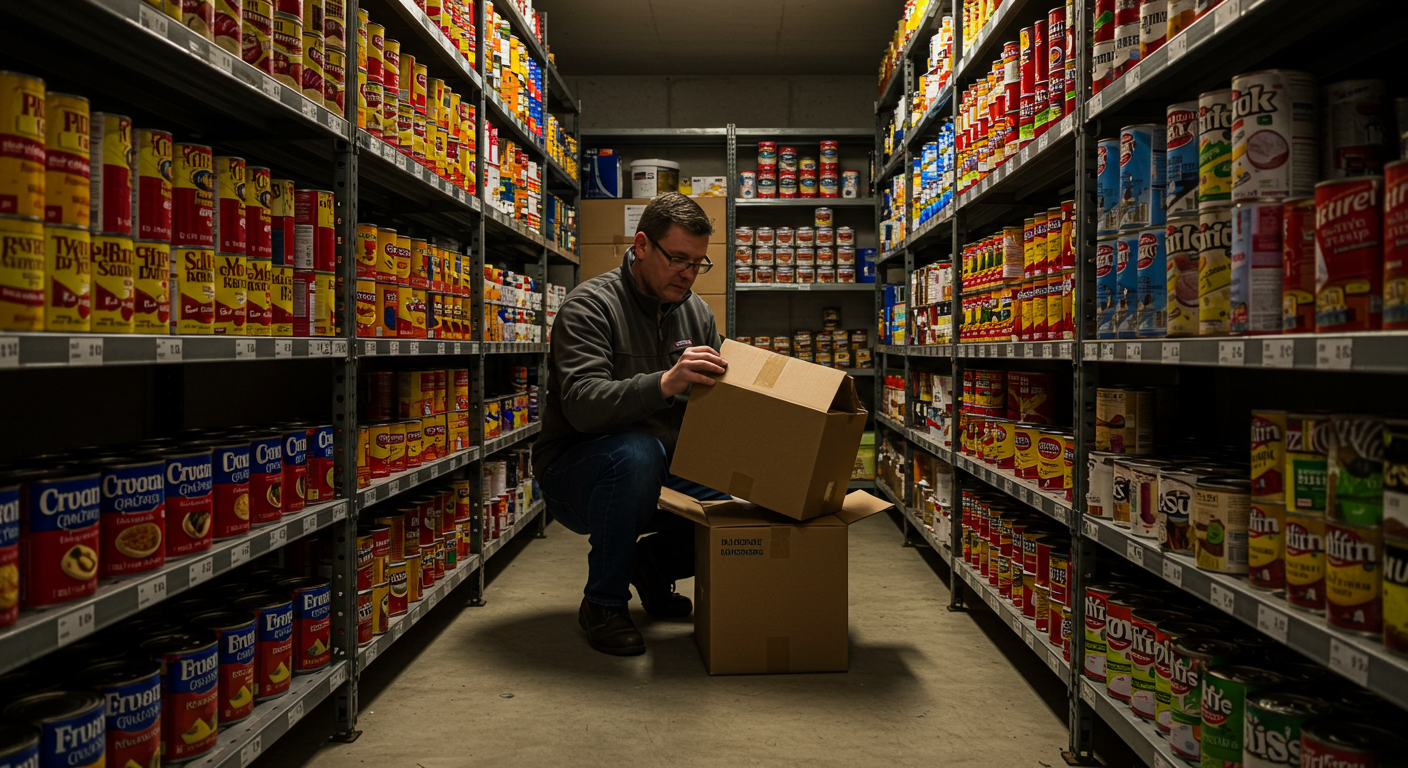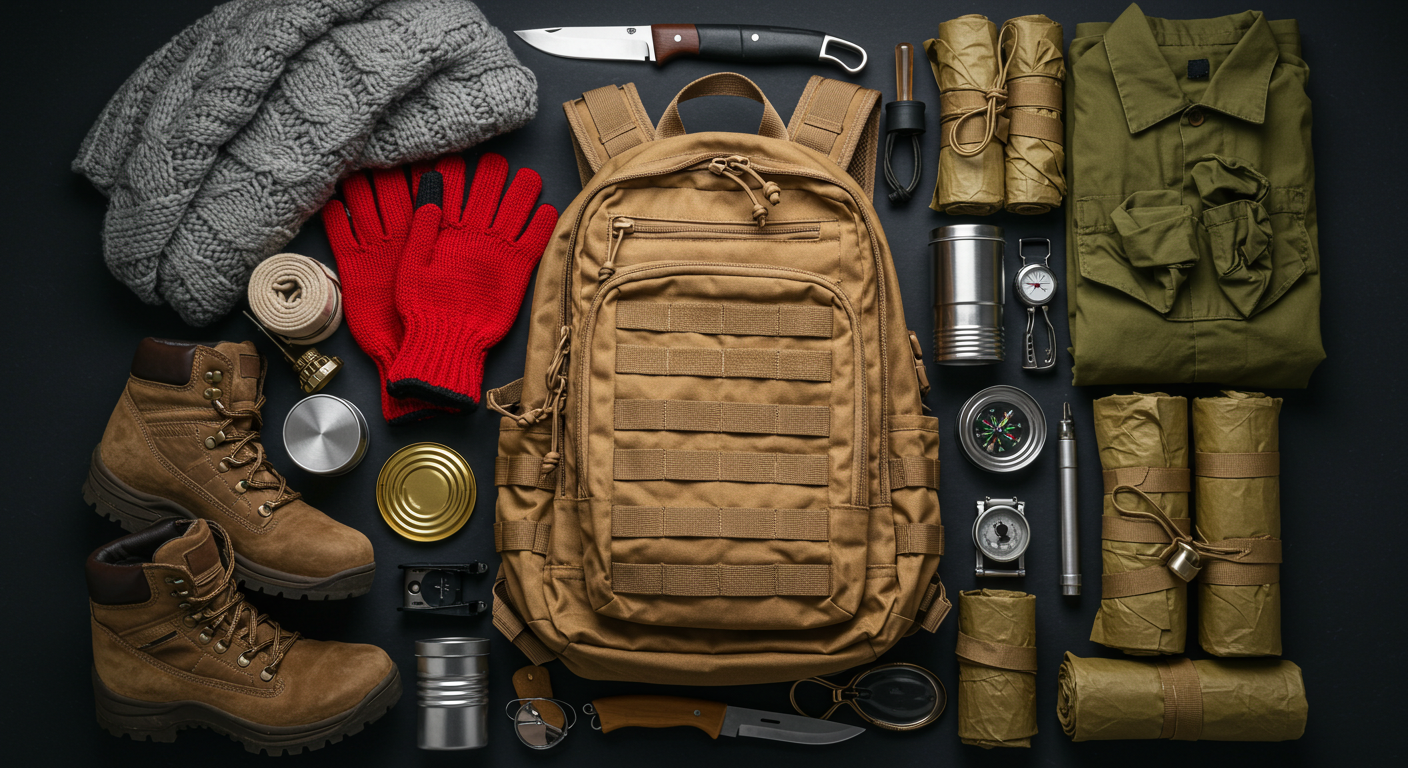Prepping isn’t about paranoia or expecting the end of the world. At its core, it’s about being ready for whatever life throws your way—whether it’s a natural disaster, a job loss, or a long-term grid failure. It’s the mindset and practice of anticipating disruptions and taking practical steps to stay safe, comfortable, and self-sufficient.
What Is Prepping?
Prepping is the process of building skills, gathering resources, and planning ahead to reduce your vulnerability in an emergency. It is not a one-size-fits-all approach. For one person, it might mean learning to grow and store their own food. For another, it might mean putting together a blackout kit or learning basic first aid.
At its heart, prepping is about risk reduction. You identify the threats most likely to affect you—based on where you live, your health, your finances, and other factors—and then you work to minimize the impact those threats could have.
Who Is a Prepper?
A prepper is someone who takes personal responsibility for being ready when life doesn’t go as planned. Instead of waiting for help or hoping everything will stay normal, preppers prepare for the unexpected.
Being a prepper doesn’t mean living in fear; it means thinking ahead. It means storing food and water, learning useful skills, and having a plan when systems break down. Preppers come from all walks of life: farmers, city dwellers, retirees, and young families. What they have in common is the mindset that no one is coming to save them. They need to be ready to take care of themselves and the people they care about.
A prepper isn’t always someone with a bunker and a year’s worth of supplies. Sometimes, it’s just a parent with extra food in the pantry and a way to cook when the power goes out. The goal isn’t to panic. The goal is to be prepared, and in uncertain times, that makes all the difference.
Prepping Isn’t Just About the Worst-Case Scenario
While some preppers prepare for large-scale catastrophes, most focus on more likely situations: extended power outages, job layoffs, severe weather, civil unrest, or food supply interruptions. Even being ready for a two-week disruption can make a world of difference.
Preparedness isn’t doom-and-gloom. In fact, it often brings peace of mind. When you know you have food in the pantry, backup power, and a plan to keep your family safe, you’re far less anxious about the unknown.
The Basics Every Prepper Should Cover
You don’t need to dig a bunker to start prepping. Focus on the basics first.
- Water: Learn how to store and purify it.
- Food: Stock up on long-lasting staples and learn preservation methods.
- Shelter: Know how to keep warm or cool if utilities fail.
- Security: Understand how to protect yourself and your home.
- Health: Build a solid first-aid kit and learn how to use it.
- Communication: Have ways to stay informed when the grid goes down.
Start small and build your skills and supplies gradually. Prepping is a marathon, not a sprint.
Common Misconceptions About Prepping
Prepping often gets a bad rap, mostly from Hollywood and media hype. The reality is very different. Here are a few of the most common myths and the truth behind them.
- Myth: Preppers are paranoid doomsday fanatics.
- Truth: Most preppers are preparing for likely scenarios like power outages or job loss. It’s not about fear; it’s about being realistic.
- Myth: Prepping is only for rural folks with land.
- Truth: You’ll find preppers in apartments, suburbs, and cities. They focus on compact storage, security, and community networks, but they are just as prepared in their own way.
- Myth: You have to spend a fortune to be a prepper.
- Truth: Prepping is about smart planning. Many preppers build their supplies slowly over time and rely more on skills than on expensive items.
- Myth: Prepping means isolating yourself from society.
- Truth: Most preppers value strong community ties. In a real crisis, knowing who you can count on locally may be just as important as what you have in your stockpile.
Final Thoughts
At its core, prepping is a practical way to live. It’s about taking ownership of your future, building resilience, and creating a buffer between your loved ones and uncertainty. It’s not weird; it’s wise.
Modern prepping is practical, not extreme. It’s like an insurance policy against chaos, only it’s hands-on and proactive. You pay into it hoping you never need it, but if disaster strikes, it can save you.
